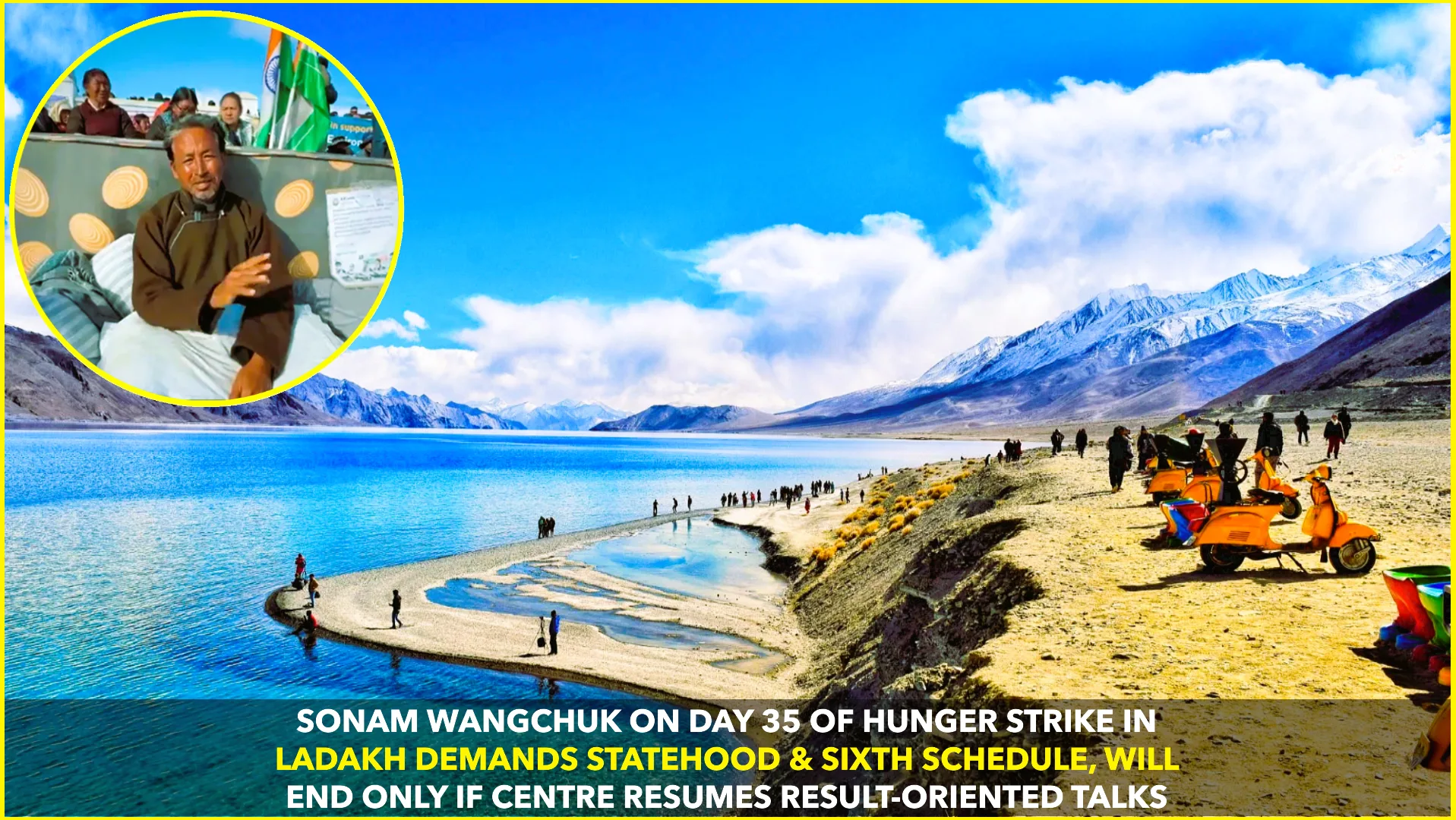In a significant development, a second U.S. flight carrying Indian migrants is scheduled to land in Amritsar today, February 15, 2025. This follows a recent deportation on February 5, when a U.S. military aircraft transported 104 Indian nationals back to India. These actions are part of the Trump administration’s intensified crackdown on illegal immigration, which has led to heightened diplomatic discussions and domestic debates within India.
Details of the Deportation
The upcoming flight is expected to repatriate a substantial number of Indian migrants who were residing illegally in the United States. While official numbers for this flight have not been released, the previous deportation involved individuals from various Indian states, including Punjab, Haryana, Gujarat, Maharashtra, Uttar Pradesh, and Chandigarh. Notably, the earlier group comprised 79 men and 25 women, with 13 minors aged between 4 and 17. The use of a U.S. military aircraft for such deportations is unprecedented, as previous instances typically involved commercial flights.
Diplomatic and Political Reactions
The deportations have elicited strong reactions from Indian political leaders and the public. Opposition Members of Parliament have criticized the government’s perceived silence and inaction regarding the treatment of deported citizens. Protests have been staged, with leaders expressing concern over reports that deportees were restrained during the lengthy flight. Congress leader Gaurav Gogoi emphasized that the manner of deportation reflects a “weakness” in the government’s diplomatic stance, highlighting the alleged mistreatment of women and the use of restraints. newindianexpress.com
In response, External Affairs Minister S. Jaishankar addressed the Rajya Sabha, acknowledging the United States’ right to deport individuals residing illegally but underscoring India’s commitment to ensuring the humane treatment of its citizens. He noted that the practice of using restraints during deportation flights has been in place since 2012 and is not exclusive to Indian nationals. Jaishankar assured that the government is actively engaging with U.S. authorities to prevent any form of mistreatment during such processes. prabhukvn.com
Human Rights Concerns
The manner in which the deportations have been conducted has raised significant human rights concerns. Reports suggest that deportees were shackled throughout the 40-hour flight, a practice that has been condemned by various human rights organizations and political parties. The Delhi unit of the Congress party has approached the National Human Rights Commission (NHRC), demanding an inquiry into the “inhumane” treatment of the deportees. They argue that while the U.S. has the legal right to deport illegal immigrants, the methods employed violate basic human rights and dignity.
Broader Implications
These deportations occur amidst broader discussions on immigration policies and international relations. Prime Minister Narendra Modi has expressed India’s willingness to accept the return of its citizens residing illegally abroad, emphasizing the need for proper verification processes. This stance aligns with ongoing efforts to strengthen Indo-U.S. relations, though the treatment of deportees poses challenges to this diplomatic engagement.
The situation also sheds light on the pervasive issue of human trafficking and illegal immigration networks. Many deportees reportedly fell victim to unscrupulous agents who promised employment opportunities abroad, leading them into precarious situations. The Indian government has vowed to take stringent action against such human traffickers, aiming to dismantle the networks that exploit vulnerable individuals seeking better prospects overseas. prabhukvn.com
Conclusion
As the second flight carrying deported Indian migrants arrives in Amritsar, it underscores the complexities surrounding illegal immigration, human rights, and international diplomacy. The Indian government’s response to these events will be pivotal in addressing the concerns of its citizens, safeguarding human rights, and maintaining robust diplomatic relations with the United States. Ensuring the humane treatment of deportees and taking decisive action against human trafficking networks remain paramount as the nation navigates these multifaceted challenges.










